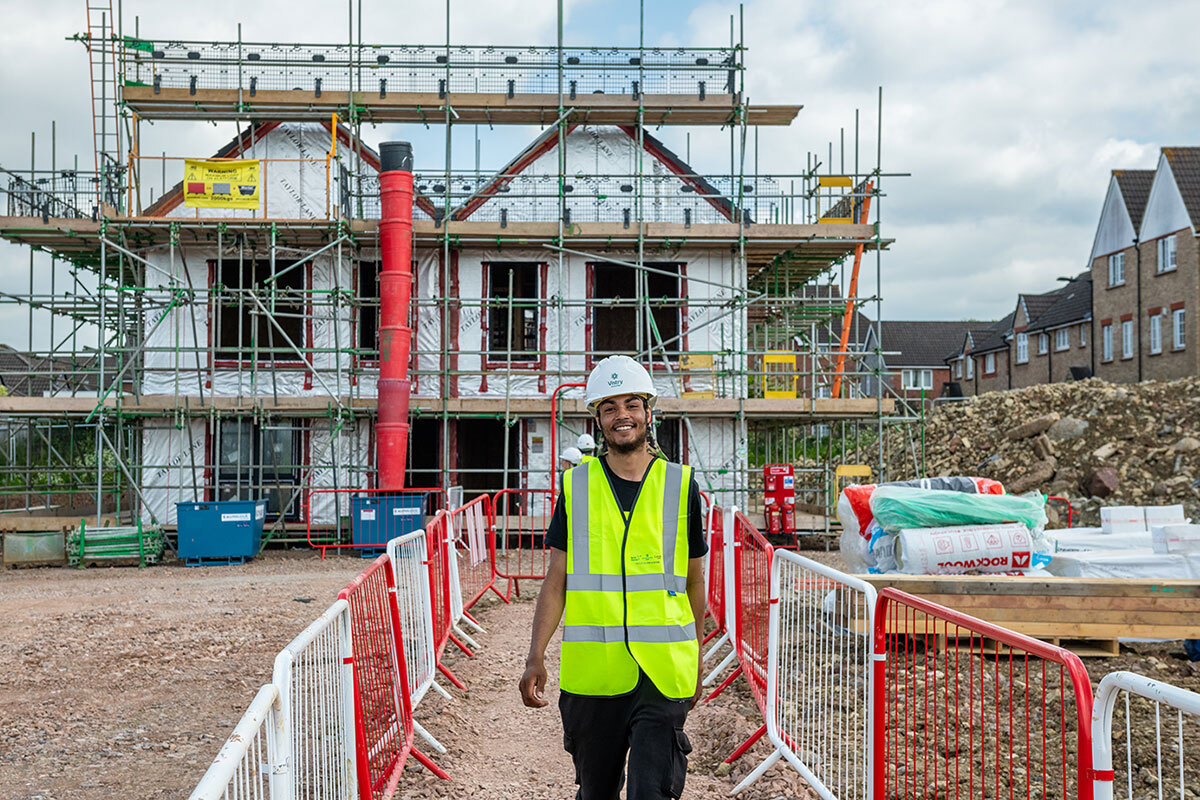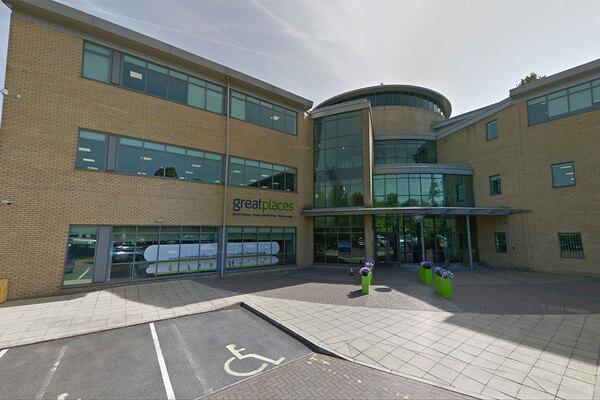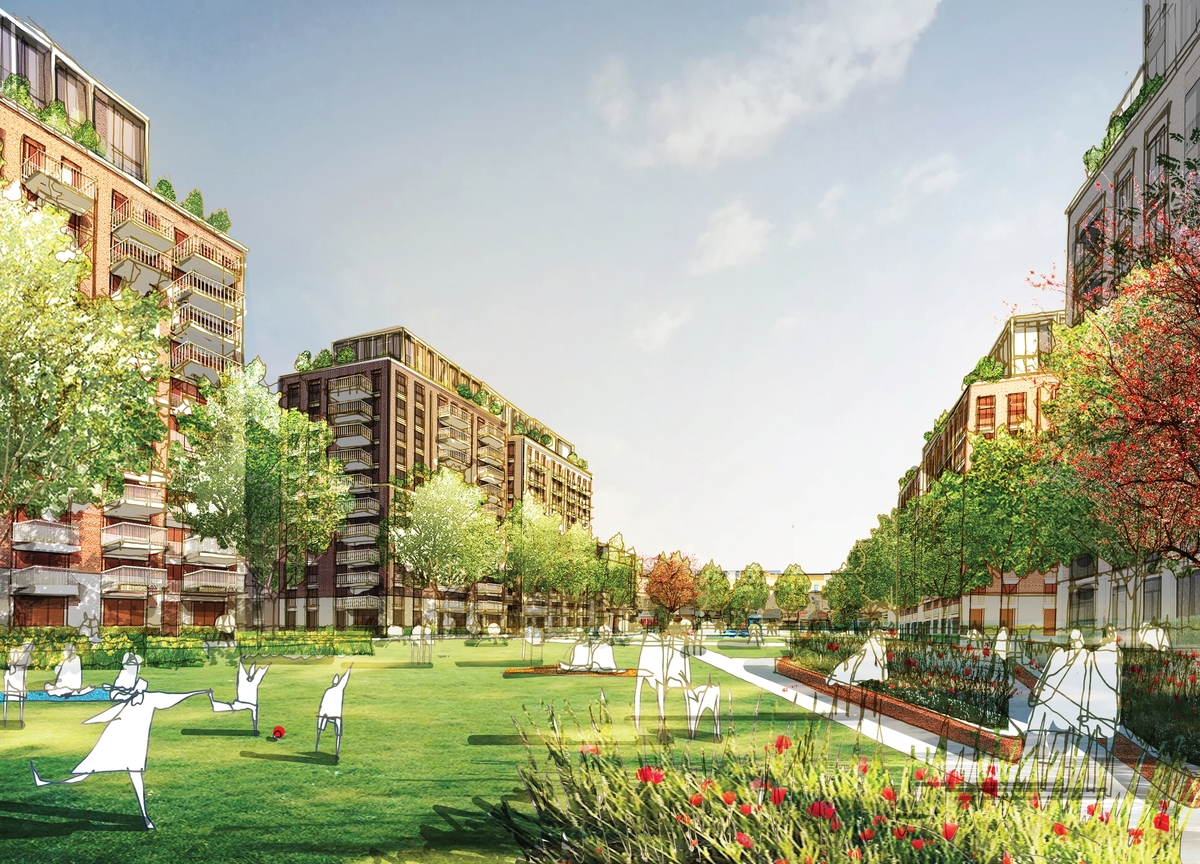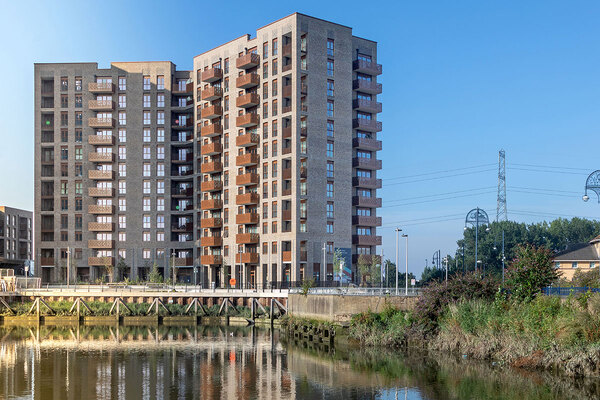You are viewing 1 of your 1 free articles
Council considering handing contract for hundreds of homes to housing association
Bristol City Council is considering withdrawing from a contract between its wholly owned housing company and house builder Vistry to deliver hundreds of homes in two developments.
According to a council report, it hopes to dispose of the agreed homes to a housing association.
The Dovercourt Road contract involves Goram Homes, the council’s housing company, delivering 660 homes across the city, more than half of which will be affordable housing.
The New Fosseway site involves the delivery of 130 new homes. If the proposals go ahead, which are dependent on finding a registered provider, there will be a “sunk cost” of around £300,000, the report said.
However, £20m in capital would be released in 2025-26 and 2026-27 for “improving the condition of current stock” and/or “exploring options to secure targeted delivery in areas of regeneration where other government funding is involved, with expected housing delivery targets”.
“These properties are highly sought after, lower density sites and it is not anticipated that the appetite from [registered providers] would be a challenge,” according to the report, which went before the council’s finance sub-committee last week.
The meeting was focused on the council’s budget proposals for 2025-26.
Barry Parsons, chair of the homes and housing delivery policy committee, told Inside Housing: “The decision to partner with housing associations to deliver social homes represents a pragmatic and positive choice.
“These partnerships will deliver the affordable and social-rent housing that our city desperately needs.”
Elsewhere in the report, the council said it has 700 non-residential and 1,222 residential properties which are “increasingly expensive to maintain” and “would generate significant capital receipts if sold”.
It said the capital receipts could be reinvested into the delivery of new council homes or in existing stock.
Inside Housing understands no plans have been made yet about who the properties would be sold to.
Despite the 1,222 figure cited for residential properties in the report, Mr Parsons told the sub-committee only a “handful” would be sold, potentially 14 next year.
He said the council was proposing to develop a disposal policy to manage Housing Revenue Account assets in a “sustainable way”.
The council received a C3 non-compliant consumer grade from the regulator in July due to “serious failings”. The council reported 1,900 open damp and mould cases, 16,000 overdue repairs and 3,000 overdue fire safety actions.
In addition, the council did not have up-to-date information about the condition of its tenants’ homes.
According to the report, the council’s housing stock is “dominated by older properties which are becoming increasingly challenging to maintain”.
“Improving [the C3 rating] and prioritising resident safety and legal compliance, through the housing and consumer standards programme, is a key priority in 2025-26 alongside addressing the challenges of homelessness in Bristol – officers have been working with chair and vice-chair to present proposals and options to members to balance budget and address priorities,” it said.
This includes cladding replacement on multiple tower blocks, along with window and roof replacement works, as well as electrical rewiring and general fire safety works.
The council is also carrying out energy-efficiency works, partly funded by the Social Housing Decarbonisation Fund, to 1,000 homes.
Mr Parsons said: “My top priority for this housing budget is the urgent investment needed in our existing council homes, as laid out in the damning judgement from the Regulator of Social Housing, following years of neglect under the previous Labour administration.
“We must balance the budget to ensure that we have the finance in place to put the safety and well-being of people living in council housing first.
“The previous Labour administration allowed the council to fall behind on its duty, as a landlord, to ensure its council housing meets the standards residents should expect, and it’s our job now to invest in repairing and improving these homes.
“That means finding an additional £14m of investment next year, with millions more needed in the few years after that, to bring our housing up to a decent standard.
“I make no apology for prioritising this investment and asking councillors of all political parties to back that priority and consider carefully the options for finding that much-needed finance.
“This includes nearly £10m of investment in improving the safety of people’s homes, making people’s homes warmer and more energy efficient by funding over £21m of works across tower blocks and £2.4m being ploughed into efforts prioritising repairs to damp and mould issues.”
Sign up for our Council Focus newsletter
Already have an account? Click here to manage your newsletters












